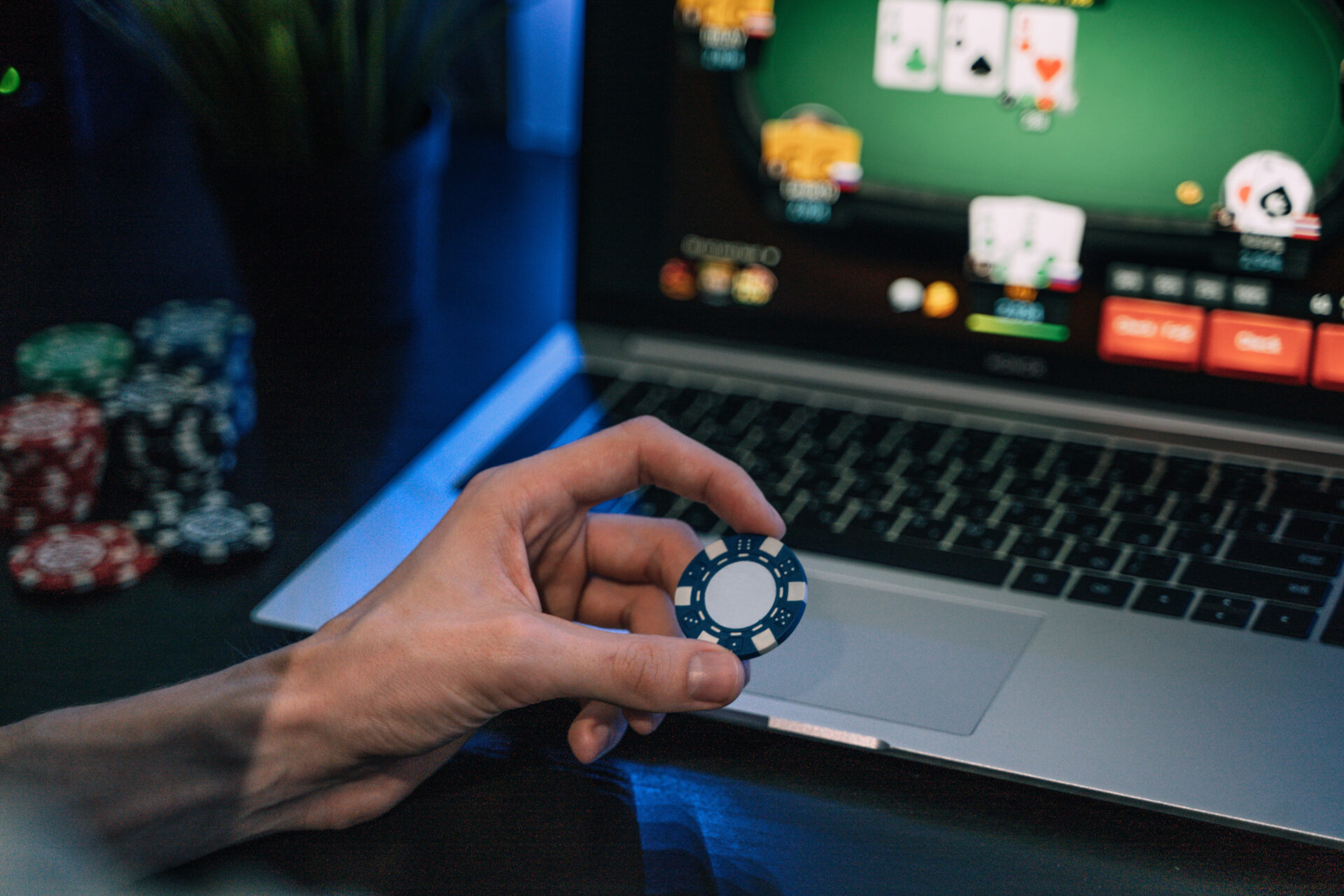West Virginia has officially joined Delaware, Michigan, Nevada and New Jersey in the Multi-State Internet Gaming Agreement (MSIGA). The five-state pact allows West Virginia-based online poker players the ability to face players from other member jurisdictions.
West Virginia Lottery Assistant Director Randy Burnside said the multi-state poker rooms will give Mountain State players more competition and bigger pots.
“It’ll greatly increase the potential pool of participants,” Burnside said. “It will allow our West Virginia players, when it comes available, to play for bigger winnings.”
Burnside said “iGaming” providers like MGM and FanDuel must get West Virginia, and the multi-state members approval, before going live.
“Once one of our providers wants to do this, and they submit a letter of intent to the lottery to gain that approval, they will begin testing,” Burnside said. “They will do everything that they have to do and then they’ll be able to offer a game that includes players from those other states as well.”
This online gaming expansion only applies to poker, not slots, blackjack or other online gambling games.
Burnside said the West Virginia Lottery has already gathered interest from at least two iGaming providers. He hopes the expanded online poker field begins by the first quarter of 2024.
